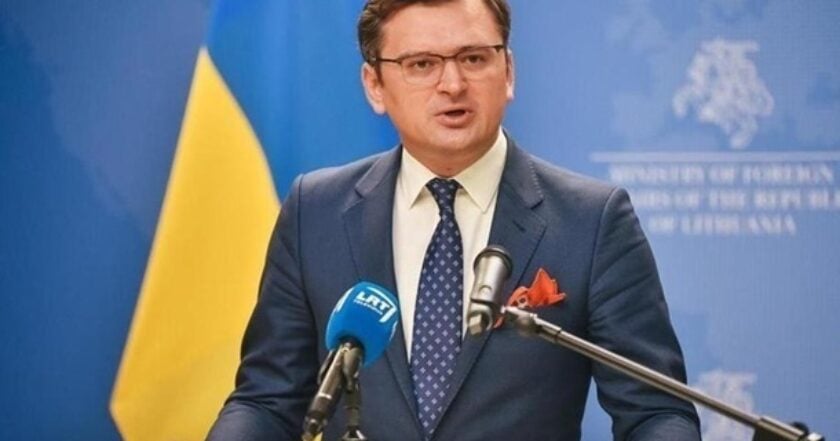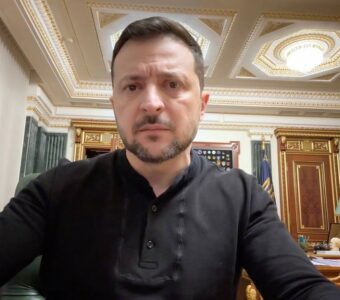"We have a lot of questions": Kuleba comments on US-Germany agreement on Nord Stream-2

Following the agreement between the United States and Germany on completing Nord Stream 2, the fundamental problem remains: it's still unclear whether Russia is ready to meet its obligations when it comes to Ukraine's energy security and transit potential.
The Minister for Foreign Affairs of Ukraine Dmytro Kuleba stated this to journalists on Thursday, July 22, UNN reports.
"America and Germany have agreed on something, Poland and Ukraine have also agreed on something, but we all understand that the primary beneficiary of the crisis created by Nord Stream 2 is the Russian Federation. This is the main unanswered question. It needs working," Kuleba stressed.
"(Position – ed.), set out in a Ukrainian-Polish statement issued and spread yesterday, and we now have many questions about how the US-German agreement can reduce the security risks to Ukraine and Central Europe associated with Nord Stream-2 launch. We'll talk to the United States and Germany about this. We've honestly stated that Nord Stream-2 has first been a security issue for us, and we'd like for the wording in the German-US statement to be stronger in terms of security," Kuleba said.
"As for the economic block of this statement, we're studying what is stated there, what proposals have been made and we'll be ready to present our position when we comprehensively analyze what is proposed in detail," the Ukrainian Foreign Minister added.
At the same time, Kuleba stressed that there was a fundamental problem, "related to the fact that we still don't understand whether Russia is ready to properly fulfill its obligations and its part when it comes to Ukraine's energy security and maintaining Ukraine's role as a transit country.
Note
U.S. officials under the two previous presidential administrations opposed Nord Stream-2 for fear that it would increase Moscow's economic and political influence in Europe. Critics say the pipeline would allow the Kremlin to increase Europe's dependence on its natural gas and then use it to blackmail US allies.
In May, US President Joe Biden, seeking closer ties with Europe and Berlin, lifted US sanctions against the Swiss-registered Russian pipeline company Nord Stream 2 AG and its CEO, which analysts say shows a USA position change.
On July 20, US officials said Biden continued to oppose the pipeline and saw it as an attempt by the Kremlin to expand its influence over others, but saw a united group of allies as the most effective way to counter Moscow.
On July 21, the United States and Germany reached an agreement on the construction of Russia's Nord Stream-2 gas pipeline to Europe, without further US sanctions.
The United States and Germany have announced a joint agreement to complete the construction of Nord Stream 2, which promises to support Ukraine's sovereignty and independence. The document is entitled "Joint Statement of the United States and Germany in Support of Ukraine, European Energy Security, and Our Climate Goals."
Afterward, in a joint statement, Ukrainian Foreign Minister Dmytro Kuleba and Polish Foreign Minister Zbigniew Rau stressed that refusing to stop the Nord Stream-2 gas pipeline created additional political, military, and energy threats for Ukraine and Central Europe.


















































